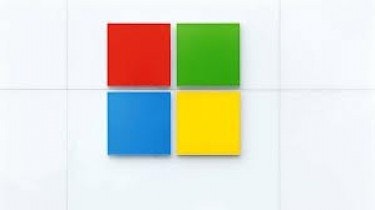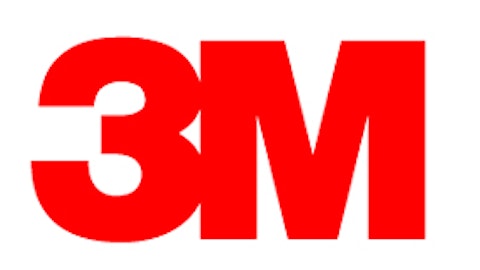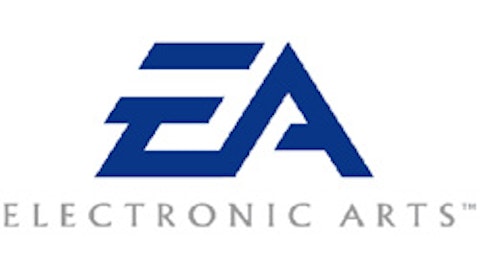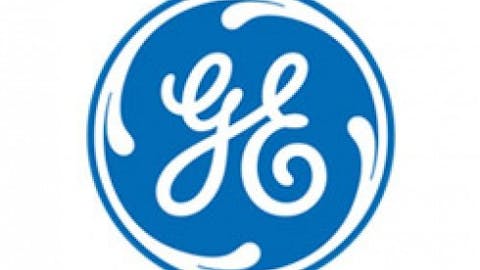“Bond investors take note: with current QE at 100 billion per month, any bonds worth < par are future road kill.” Bill Gross, PIMCO. This is an important warning that investors need to take seriously. It’s also a reason to stick to high quality dividend paying stocks.

The Bond King
Bill Gross is often called the “bond king” because he manages one of the largest bond funds in the world. It’s a well deserved title that was bestowed upon him because of his impressive record at PIMCO Total Return Fund. When he talks, people listen.
Gross isn’t always right, of course, but he’s correct more often than he’s incorrect. This time around, his warning isn’t high science, it’s simple bond basics.
Bonds are a loan. It is a formalized agreement between the issuer of the bond and the purchaser of the bond that the issuer will pay the loan back at a set date while paying a set amount of interest along the way. It is a fairly simple arrangement.
If a bond cost $1,000, paid interest of 3% annually, and matured in five years, then the buyer would be entitled to $30 a year in interest and their $1,000 back in five years. Nothing more, nothing less.
Par
Bonds, however, aren’t always bought when they are issued and held to maturing. They trade in the secondary market. This allows the price paid for the bond to differ from the face value of the bond. Prices vary for different reasons, but one key reason is the current level of interest rates.
Bond prices move in the opposite direction of interest rates. So, if rates go down, the value of a bond goes up. So that thousand dollar bond could sell for $1,100. Since the bond is an agreement to get the face value of the bond back, an investor paying more than $1,000 locks in a loss if the bond is held to maturity.
Interest rate changes, however, can do the same thing. If rates go up, bond prices go down. So bond investors have a double risk facing them right now. On the one hand, paying more than par locks in a capital loss if you hold the bond to maturity (though interest payments could make up for that). And, on the other hand, with interest rates being artificially held at historic lows by the Federal Reserve, when (not if) rates go higher, the bond’s value will drop. Not a good combination for long-term returns.
A Solution With Risks
Anyone who owned stocks through the 2007 to 2009 recession and market plunge knows all too well that stock investing comes with notable risks. However, based on the quick and simplified bond discussion above, bonds aren’t exactly a risk free investment, regardless of the issuer. High-quality, dividend-paying stocks offer a good compromise today.
Part of the reason for this is that many great companies are trading at levels where their dividend yields are comparable to the yields available on bonds. Moreover, those dividends are often increased over time, allowing the distribution to keep up with inflation, another benefit that bonds don’t offer and a risk that is all too often overlooked.
Of course, stock prices fluctuate, often wildly. And companies don’t have to increase their dividend, and sometimes cut them. Even great companies can falter. General Electric Company (NYSE:GE) is such an example.
The company was once considered among the best run companies in the world. It was not just a manufacturing powerhouse, but it also had a massive television network and finance arm. Then the financial led recession hit and that finance arm turned into a massive liability.
GE’s dividend, after years of regular increases, was cut and the stock price fell precipitously. Not a good outcome for stockholders trying to live off of dividend income. This, however, is the exception, not the norm. And today there are a large number of great companies on “sale.”
Some Options
Microsoft Corporation (NASDAQ:MSFT) is a technology powerhouse. It has three key businesses, Software (the Office suite), operating systems, and Xbox. With the help of Nokia (NOK), it is working to establish itself as a big player in cell phone operating systems to early praise. It has a huge pile of cash on its balance sheet and has been upping its dividend in recent years. A recent yield of over 3% makes this a competitive option to a bond.
Johnson & Johnson (NYSE:JNJ) is a healthcare powerhouse. It has operations in the pharmaceutical, medical device, and consumer products space. One of the interesting things about JNJ is its history of using acquisitions to change its business over time. So while there may be times when the company looks out of step with the market, management has an impressive history of getting back on track. With an notable history of annual dividend increases and a dividend yield of over 3%, this, too, is a great alternative to a bond.
Genuine Parts Company (NYSE:GPC) is far less well known than the other two industry giants above. However, the company has a huge position in the automotive after part market along with solid businesses in electronic parts, machine parts, and office supplies. Although its 3% yield may make it a little pricey at present, it has increased its dividend disbursement every year for decades. It is a conservatively managed company that has historically kept returning value to shareholders a top priority.
E I Du Pont De Nemours And Co (NYSE:DD) is a chemicals giant that has a keen focus on innovation. Management has taken some risks of late, pushing its expansion into the agricultural market with acquisitions, for example. Its shares have come under pressure because of the transition it is looking to make and the cyclical nature of the chemicals business. However, it is a well-run company, is financially sound, and has a solid history of success. Investors should strongly consider it and its nearly 4% dividend yield.
Think Beyond the Bond
PIMCO’s Gross is warning investors that bonds may not be the safe haven they believe them to be. Take heed of his warning. The four stocks above are all fairly diversified, financially solid, and can offer yields that are competitive to those offered by bonds today. While there are risks in owning any stock, the benefits likely outweigh the negatives in this historically low interest rate environment.
Yours,

The article PIMCO’s Gross Makes Prescient Warning originally appeared on Fool.com and is written by Reuben Gregg Brewer.
Copyright © 1995 – 2013 The Motley Fool, LLC. All rights reserved. The Motley Fool has a disclosure policy.





